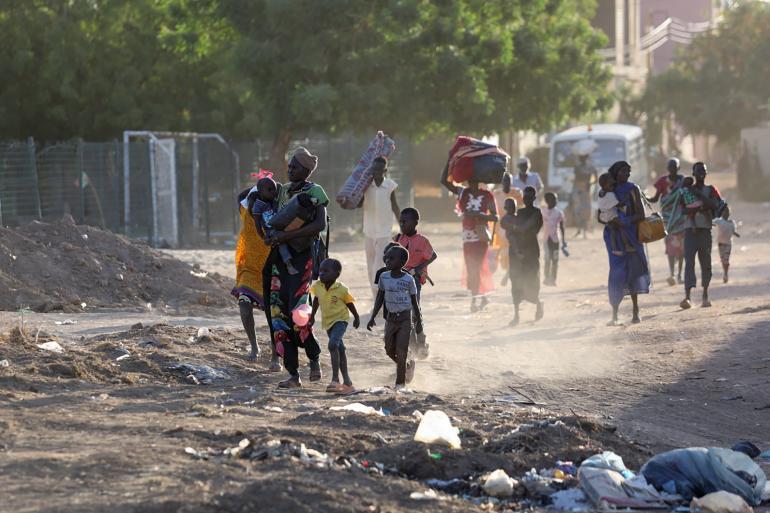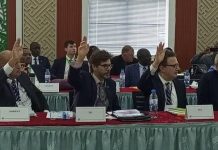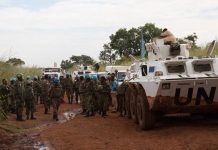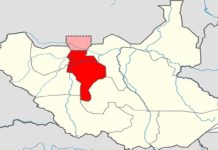Sheila Ponnie
Africa-Press – South-Sudan. The United Nations Humanitarian agencies in South Sudan said two-thirds of the country’s population is facing extreme food insecurity.
In a statement released yesterday, the agencies said dwindling resources and growing needs have forced humanitarian agencies to prioritise the delivery of vital life-saving support which risks leaving millions behind.
They said all life-saving sectors including health, nutrition, and food security are affected leaving millions of vulnerable people without critical support in a time of crisis.
“There are 7.76 million people in critical, emergency, and catastrophic need for food security alone, but due to resource constraints, emergency food assistance must be prioritized for 3.2 million people who face the highest levels of food insecurity,” the statement read in part.
According to humanitarian agencies, prioritisation of resources is a famine prevention strategy in which communities on the verge of starvation must receive assistance.
“Even for communities on the verge of famine, resource constraints mean that they receive reduced rations for seven or eight months of the year, usually to protect them when access to food resources is the most difficult, which is from January to July each year.”
Makena Walker, Acting Country Director for the World Food Program (WFP) in South Sudan, stated that the WFP’s emergency food assistance, known as the Lean Season Response for 2023 was completed in most locations by the end of August.
“The simple fact is that there are not enough resources available to the humanitarian community to meet the needs in South Sudan,” he said.
The document states that Two-thirds of South Sudan’s population suffers from severe food insecurity and malnutrition, making the country one of the world’s places with the worst food insecurity emergencies.
They said most people who are severely food insecure live in areas where chronic vulnerabilities are exacerbated by frequent climate-related shocks, macroeconomic crises, conflict and insecurity, and low agricultural production.
“Vulnerable people in South Sudan have been subjected to a series of interconnected shocks for years. The outlook for these people is bleak, with new crises erupting and humanitarian organizations struggling to meet basic needs,” said Peter Van der Auweraert, Acting Humanitarian Coordinator.
The Sudanese crisis, according to Auweraert, resulted in a massive influx of refugees, returnees, and third-country nationals, exacerbating South Sudan’s already precarious humanitarian situation.
This funding gap affects all humanitarian interventions, including the protection of women and girls, food, nutrition, shelter, water, sanitation and hygiene, and education.
Source: The City Review South Sudan
For More News And Analysis About South-Sudan Follow Africa-Press






